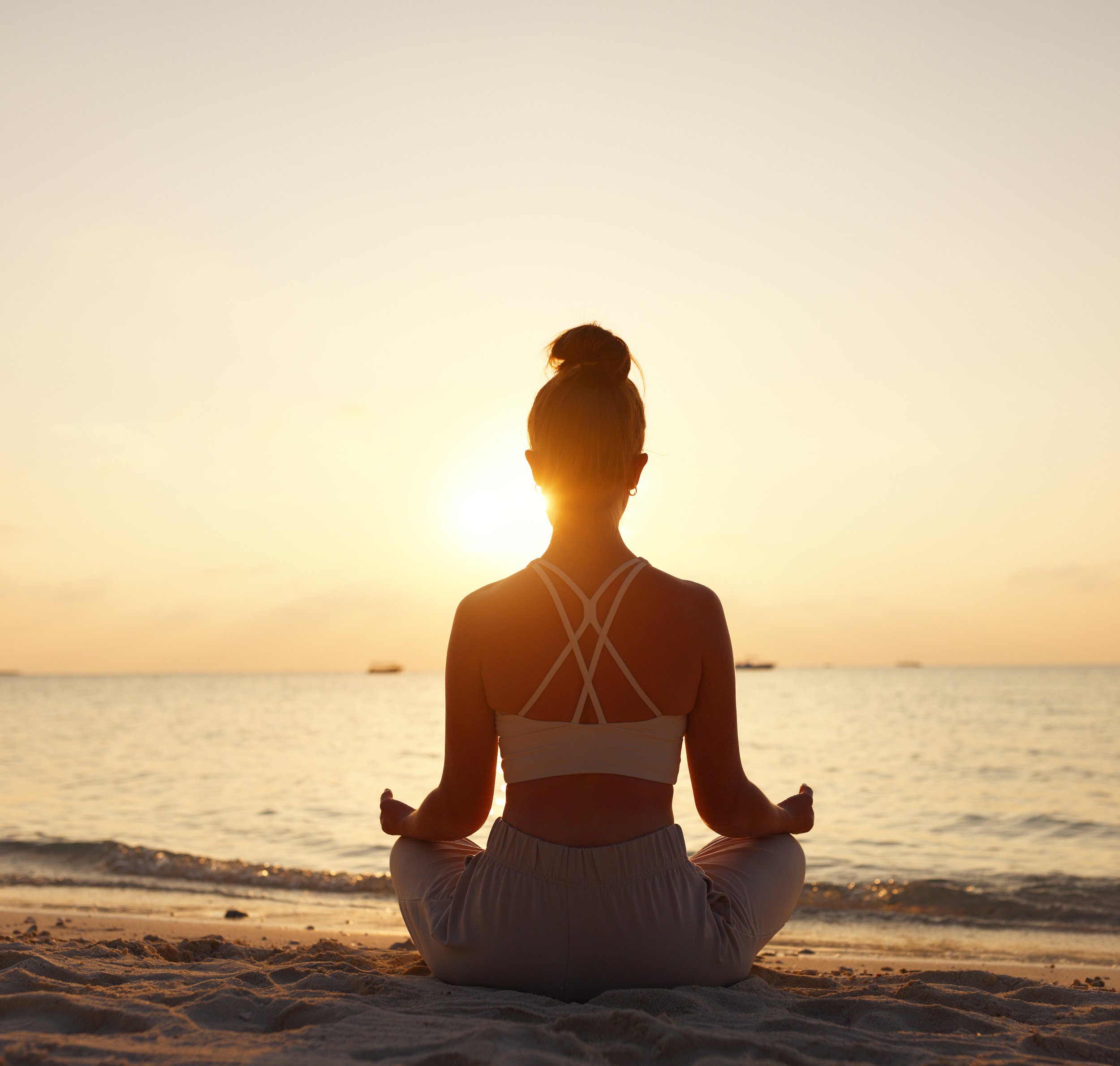Is extreme wellness making us sick?
By Steve Sharp
According to McKinsey the wellness industry is a staggering $1.5 trillion market worldwide, but is it good for us, or just making us sick?
I admit to feeling a little queasy listening to Radio 4’s programme The New Gurus over breakfast this week. The episode was titled Taking the Urine, inspired by one guru, Will Blunderfield’s habit of drinking his. And from there it got more bizarre, explicit and rather sad.
The programme went on to examine the role of others so called wellness gurus like Gwyneth Paltrow with her massive Goop brand and conspiracy theorist Alex Jones who flogs millions of dollars’ worth of pills despite being banned from the main social media platforms.
Paltrow promises wellness and self-actualisation from a vast array of expensive products including makeup, clothing, food, adult toys, and that candle!
McKinsey has an altogether less sensationalist view of the industry, which they break down into six fast growing categories, with new products hitting the market every day.
In health, they forecast “offerings that let consumers triage any medical issues and take care of things mostly by themselves, so they only bring in a doctor when it’s absolutely necessary.”
Is this the solution to our under-pressure NHS?
They work their way through fitness, nutrition, appearance, mindfulness and sleep, with the latter predicting sensors under the mattress that can capture your sleep data, link it to your exercise data and finally your fridge!
“Imagine your fridge starting to make suggestions to you (based on your sleep data): “Don’t make coffee,” for example.”
The radio programme introduced the term “extreme veganism”, which prompted further research. It seems there are five vegan levels in which level 1 vegans “predominantly avoid animal derived foods but are likely to cheat on occasion”! Level 5 is where you find the revered extreme vegans who work diligently to reach that status.
This is a big leap from my twenties, when even vegetarians were a rarity and just vegetables were offered to them in restaurants. The first vegetarian restaurant was opened in London’s Carnaby Street in 1961 and it was called Cranks!
A report in late 2021 by Refinery 29 was titled, Wellness Culture: Is it Only Making us More Sick?
“That taking care of your body and your mind is good for you isn't up for debate. But the way in which Wellness as an industry sells itself means that it doesn't take much for it to tip from helpful over into harmful.” This is a reference to people seeking unrealistic targets and the perfection that the industry falsely promises.”
Margaret McCartney is a Glasgow based GP who writes about evidence-based medicine, and penned an article titled “The wellness industry is selling you the myth that a healthy life is expensive.”
McKinsey suggests that before work a mindfulness session with wearable technology might be followed by yoga or goat pilates, a spin class and detox drinks at your third place, otherwise known as the gym. An expensive start to the day, but at least you can save the bus fare because you will be working from home.
McCartney notes that for the cost of five spin classes you can buy an actual bike and get out in the fresh air.
“Rather than well-being being straight forward (Don't smoke. Don't drink too much. Do exercise you like. Eat a variety of foods. With lots of vegetables. And little processed stuff. See people and do things.) the industry has created its own mythology. Well-being is presented as complicated, complex, difficult to achieve correctly, and best when purchased. All while requiring gurus to access it. This entanglement of industries makes what should be straight forward, a healthy lifestyle, into a complicated consumerist mess.”
“This doesn't mean that diet and exercise aren't important. A global review published in The Lancet. In 2017, found that more physical activity was associated with longer lives and fewer heart attacks and strokes. This included not just formal gym going exercise but walking and housework. In other words, you don't have to tie yourself to a treadmill to get fit.”
“If you're spending money you don't have on kit or neglecting your family or work because of the need to do it, that doesn't sound at all like well-being.”
“The same goes for the diet industry. Weight loss is certainly a mainstay of treatment for some conditions. Evidence points to whole grains, fruits and vegetables variety and olive oil as associated with better health. Yet the media onslaught of experts arguing for their diet over another is liable to make onlookers believe there is no broad agreement in food science about anything. Many dietitians are standing up for evidence-based advice, but much of the media can concoct the illusion that a healthy diet is obtainable only via a particular belief system. Here the very idea of pleasurable eating is immoral.”
My mum and dad lived to 96 and 99 and never went to a gym once.
They ate simply and spent leisure time gardening and dancing. And the only amber liquid I ever saw my dad drink was a pint of Hull Brewery Bitter or Carling Black Label!
I’m off for a walk…….to the pub.
Namaste.
Steve


